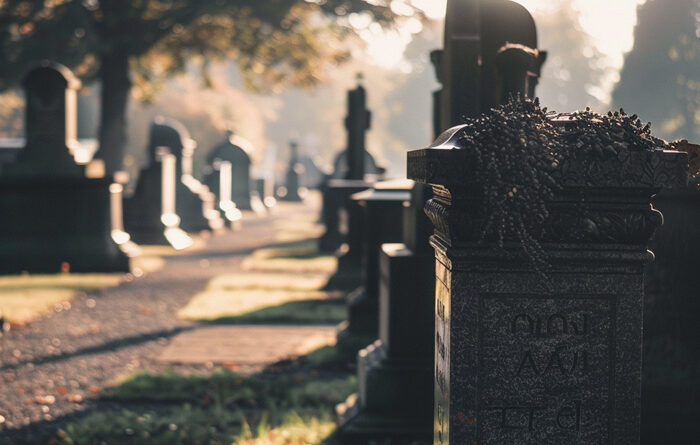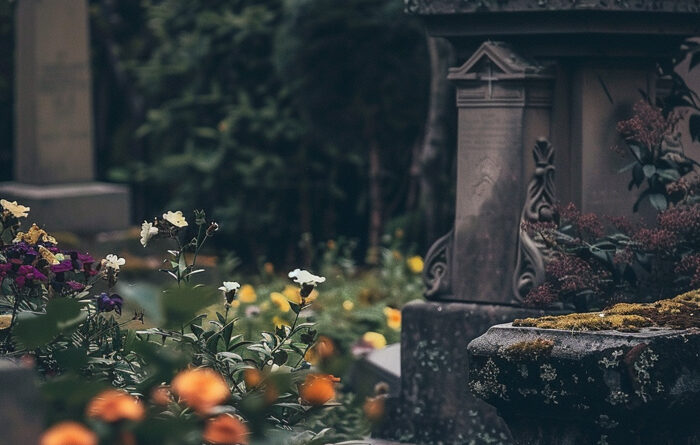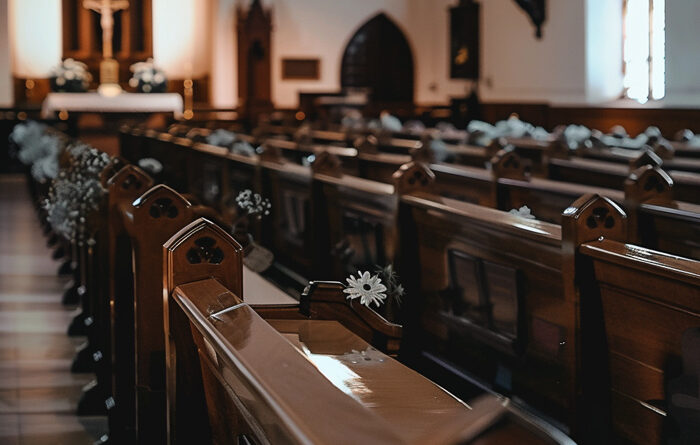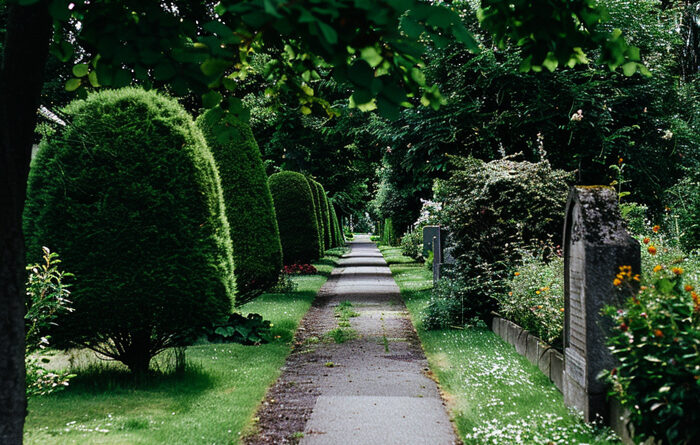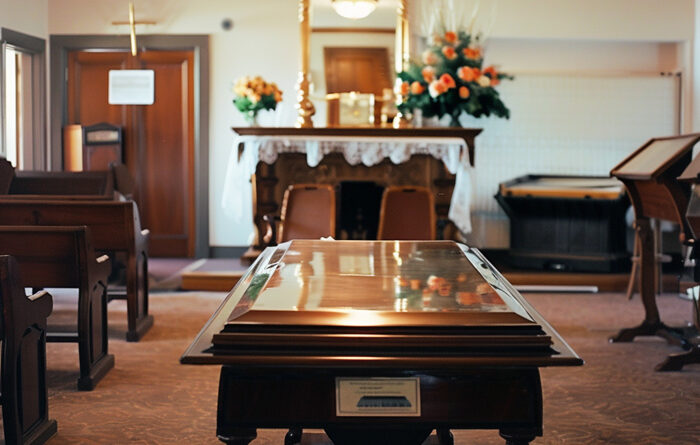
Introduction
In the culturally rich tapestry of Miami, the final farewell to a loved one often reflects a mosaic of religious beliefs and practices. As a cosmopolitan city, Miami is home to a diverse population hailing from various religious backgrounds. Integrating multiple religious practices in funerals poses a challenge for funeral planners who are tasked with honoring the diverse and sometimes overlapping spiritual traditions of the deceased and their families. Professionals in this sensitive field must respect the nuances of different faiths while creating a coherent and meaningful experience for the bereaved.
Understanding the Diversity of Religious Funeral Practices
To effectively combine religious customs in funeral services in Miami, one must first understand the individual practices and beliefs of the religions involved. This city, known for its cultural diversity, sees the convergence of fundamental Abrahamic religions such as Christianity, Islam, and Judaism, along with Hinduism, Buddhism, and an array of Afro-Caribbean, native, and other spiritual beliefs. Each tradition has its set of funeral rites, from Catholic masses and Jewish sitting Shiva to Hindu cremation ceremonies and Buddhist chanting services.
Being able to recognize the core beliefs and sensitivities associated with these practices allows funeral organizers to approach the planning process with respect. The foundation of successfully combining religious customs in a funeral service relies on open communication with the families and a deep respect for their wishes and the deceased’s spiritual life.
Collaboration with Religious Leaders and the Community
One of the crucial steps in integrating varying religious customs into a single funeral service is extensive collaboration with religious leaders and community members. Funeral directors and planners in Miami often form partnerships with priests, rabbis, imams, and other spiritual leaders who provide guidance on appropriately incorporating elements of different faiths. These collaborations assist in forming funeral services that are respectful and observant of religious protocols while being inclusive of the multiple spiritual paths present within a family or among friends of the deceased.
Customizing Funerals for Multiple Beliefs
The process of customizing funerals to accommodate different religious customs is delicate. Professionals in the funeral industry need to be careful and sensitive when blending spiritual elements. For instance, they may combine readings from various holy texts, integrate diverse religious symbols, and provide space for different prayer forms. Ensuring there is a balance and that no single practice overshadows another is essential in achieving a harmonious service. It also involves adjustments to the venue, the order of service, and sometimes even the attire worn by attendees to align with various religious requirements.
Timing can be another factor that needs consideration, especially when some faiths require burials within a specified period after death, while others have more flexibility. The thoughtful inclusion of these details can be critical in creating an inclusive funeral service that serves as a bridge between the different faiths represented at the memorial.
Adapting Traditional Funeral Spaces
A challenge confronting funeral organizers working to integrate religious practices is the adaptation of physical spaces. Traditional funeral homes in Miami are increasingly modifying their facilities to better cater to a fusion of funeral rites. This can mean having versatile spaces that can be rearranged to meet the requirements of different religious ceremonies or providing neutral areas where disparate rites can be performed side by side without interference or discomfort for the attendees.
Respecting Legal and Ethical Boundaries
While integrating religious practices into funeral services, it is essential to keep in mind the legal and ethical dimensions. Miami’s funeral industry professionals must be well-versed with the local laws governing burial and funeral rites. This knowledge, coupled with an ethical commitment to respecting each faith’s practices, forms the backbone of integrating multiple religious practices into a funeral service. Clarity on legal stipulations and ethical limits ensures that funeral services proceed smoothly and without causing distress to the deceased’s loved ones.
Cultural Sensitivity Training
Given the delicate nature of funeral planning, it is imperative for Miami-based funeral professionals to undergo continuous cultural sensitivity training. Familiarity with the customs of various religions arms them with the ability to plan and conduct funeral services in a way that is both inclusive and considerate of all participants’ beliefs. This cross-cultural competence also aids in communicating effectively with grieving family members from diverse backgrounds, thus fostering a supportive and empathetic environment during a difficult time.
Conclusion
Integrating multiple religious practices in funerals in Miami requires a professional approach that acknowledges the interwoven fabric of beliefs in this vibrant city. Through collaboration with community leaders, customization of traditional funeral rites, adaptation of spaces, and strict adherence to legal and ethical considerations, funeral planners can create services that honor the deceased and provide comfort to the living. With Miami being a melting pot of cultures, the sensitivity and adaptation shown in its funeral services reflect an inclusive community that respects and upholds the varied spiritual legacies of its inhabitants. Ultimately, a funeral that bridges diverse religious practices is more than just a final goodbye—it is a profound celebration of a life lived and shared across different faiths.
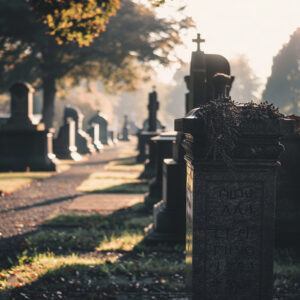
Can multiple religious practices be integrated into a single funeral service?
Yes, it is possible to integrate multiple religious practices into a single funeral service. This approach can honor the diverse faiths and beliefs of the deceased and their loved ones. However, it is important to plan the service with respect to all traditions involved and, if necessary, consult with religious leaders to ensure the service is conducted appropriately.
How do I ensure that integrating multiple religions into a funeral is respectful to all parties involved?
To ensure respect is maintained when integrating multiple religions into a funeral, open communication is key. Discuss with family members and religious leaders the elements that are important to each tradition. Seek guidance from representatives of each faith to understand any potential sensitivities. Additionally, include elements in the service that are universally accepted, such as moments of silence, to allow all attendees to participate according to their own beliefs.
What challenges might arise when combining different religious funeral practices, and how can they be addressed?
Challenges in combining different religious funeral practices can include differing views on afterlife, rituals, readings, or symbols. To address them, it’s crucial to have a clear understanding of what each religion entails regarding funerals. Find common ground or complementary elements that can be seamlessly integrated. In situations where practices conflict, consider holding separate services or moments within the funeral to honor each tradition distinctly. Being mindful and flexible while planning can help prevent conflicts and misunderstandings.

